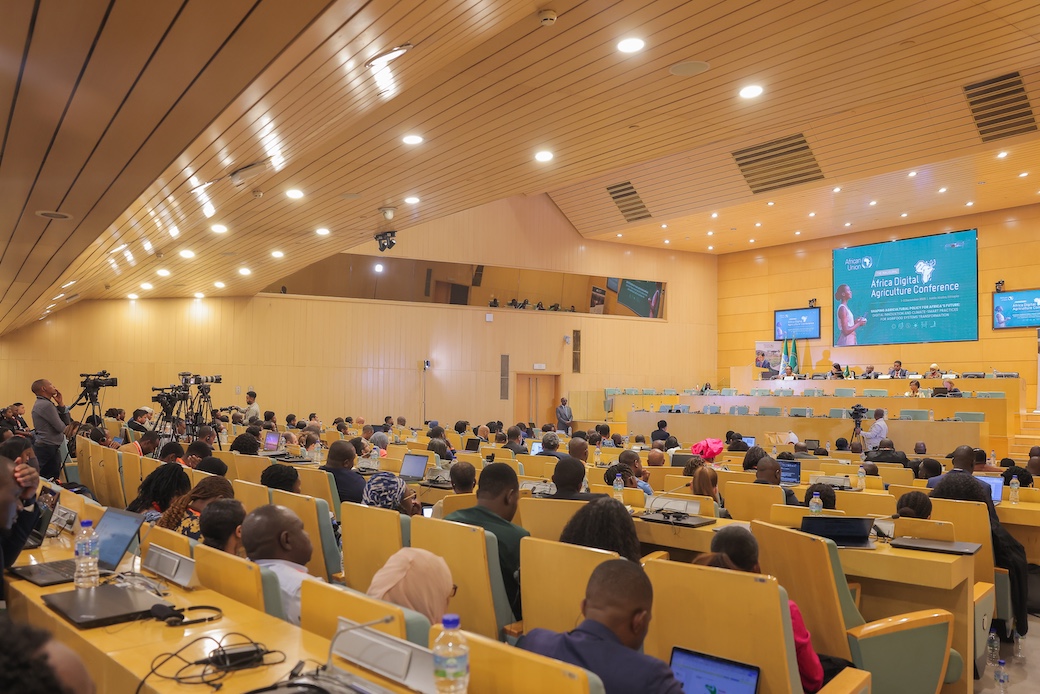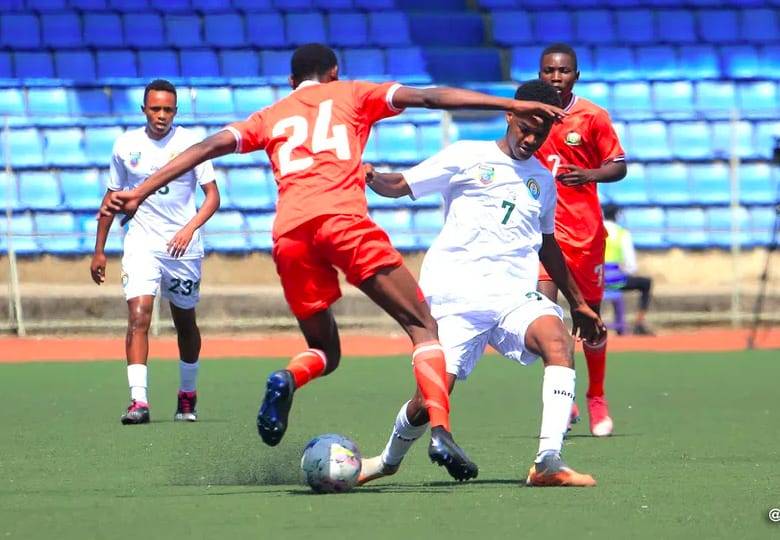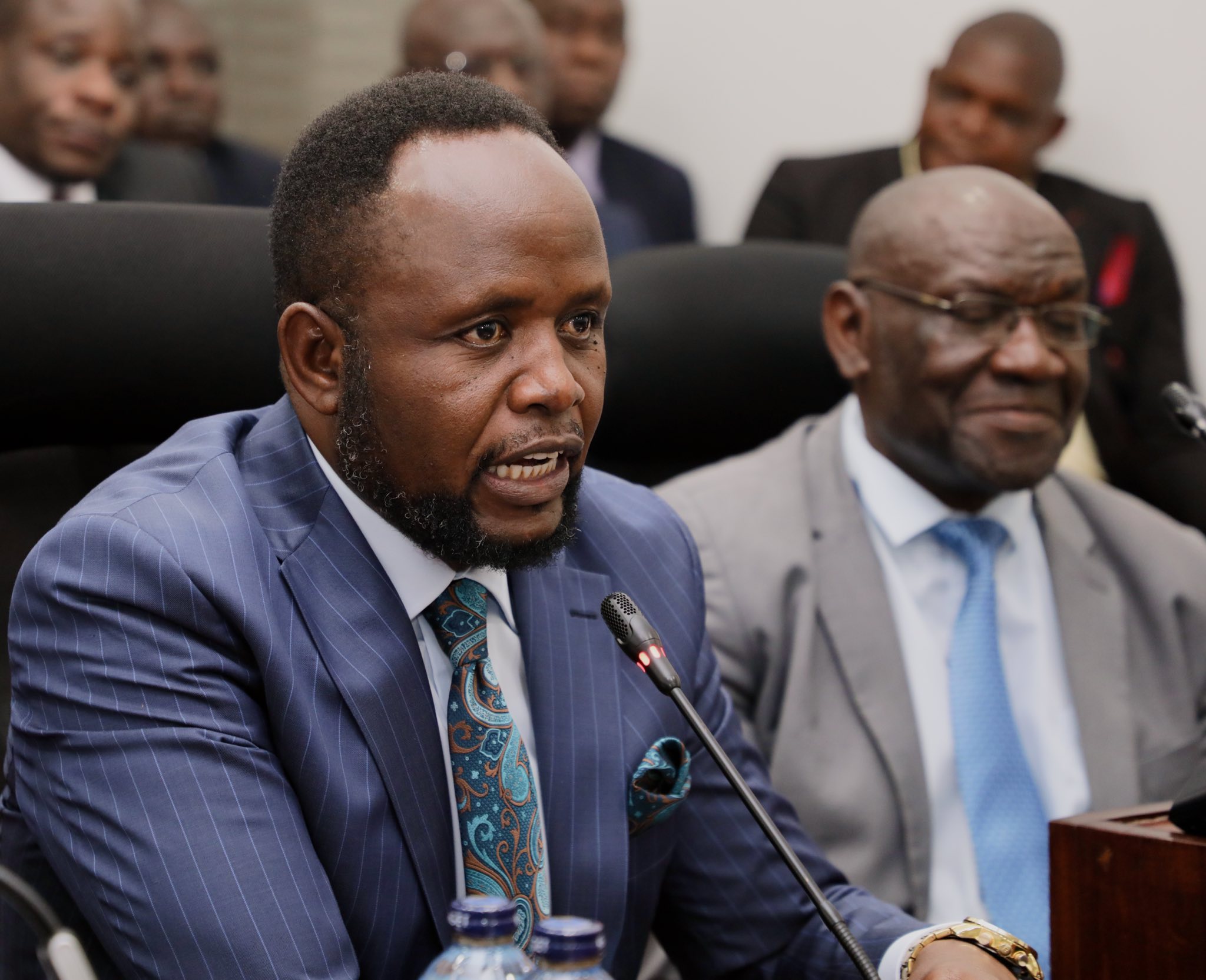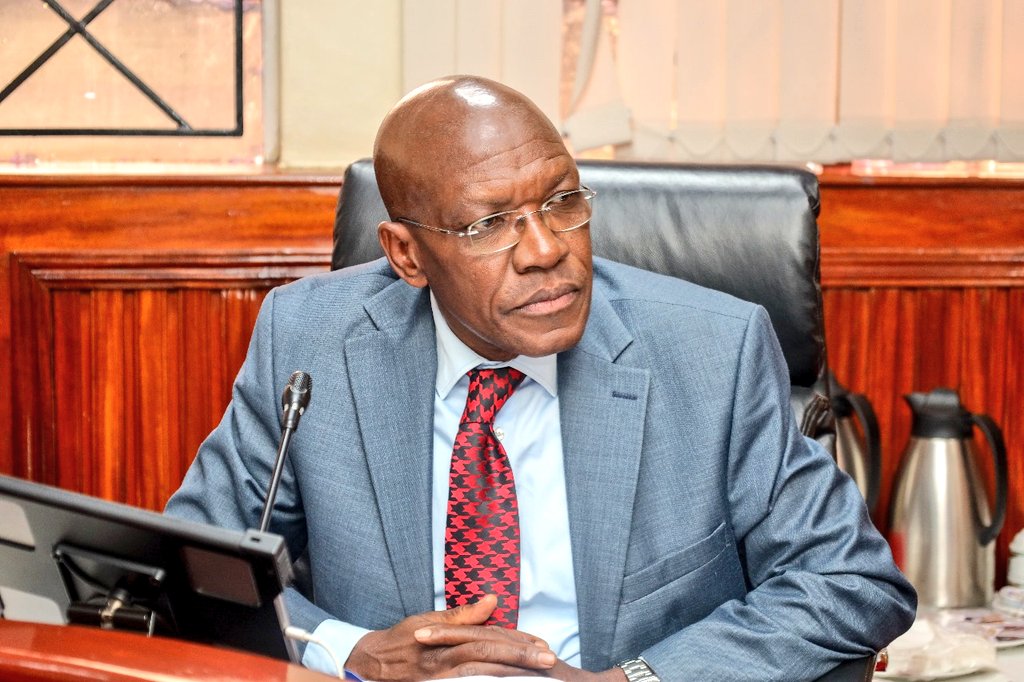The five charges that felled Gachagua after 766 days as deputy president

Senate’s decision came after a heated debate, despite the defence team's plea for more time, citing Gachagua's illness.
Deputy President Rigathi Gachagua was impeached by the Senate on Thursday night, hours after he was admitted to Karen Hospital. He had served as President William Ruto’s deputy for 766 days.
Senators voted on the charges against him, upholding five out of the 11 accusations leveled against him.
More To Read
- Three MCAs deny voting in Governor Nyaribo impeachment, file criminal complaint
- Petitioner seeks recusal of judges in Gachagua's impeachment case over alleged bias
- Sakaja to face over 20 charges as MCAs' impeachment drive gathers momentum
- Kericho Governor Mutai terms ouster bid a "political conspiracy", accuses speaker of eyeing his seat
- Kericho Governor Mutai’s impeachment trial to proceed as Senate Speaker Kingi dismisses preliminary objections
- Gachagua declares 2027 presidential bid, dismisses impeachment concerns
The Senate’s decision came after a heated debate, despite the defence team's plea for more time, citing Gachagua's illness.
"Pursuant to Article 145(7) and 151(b)(ii) of the Constitution and Standing Order No. 78(8) of the Senate, the Senate has resolved to remove from office by impeachment Hon. Rigathi Gachagua, the Deputy President of Kenya. Accordingly, Hon. Rigathi Gachagua ceases to hold office," Senate Speaker Amason Kingi said in a notice after the impeachment.
The impeachment motion was initiated in the National Assembly by Kibwezi West MP Mwengi Mutuse, who accused Gachagua of multiple violations of the Constitution and other laws governing the conduct of public office.
Although Mutuse listed 11 charges, only five — 1, 4, 5, 6 and 9 — were upheld by the Senate.
A total of 53 out of 66 Senators voted in favour of the first charge, which accused Gachagua of gross violations of Articles 10, 27, 73, 75, 129, and 147 of the Constitution.
These violations included failing to uphold national values such as equality, integrity, and respect for human dignity, as outlined in Articles 10 and 27 of the Constitution. He was also accused of misconduct and poor leadership, breaching the ethical standards expected of public officials under Articles 73, 75, and 129, and failing to fulfil his duties as deputy president, as mandated by Article 147.
For the fourth charge, concerning gross violation of Article 160 (1) of the Constitution, 51 Senators voted to impeach him, while 16 opposed.
Independence of Judiciary
This article guarantees the independence of the Judiciary, and the charge alleged that Gachagua undermined this independence, violating the constitutional principle that judicial officers should not be influenced or controlled by external authorities.
Mutuse accused the DP of interfering with the Judiciary, presenting evidence of Gachagua’s remarks against High Court judge Esther Maina, who previously found the DP’s property to have been proceeds of crime.
On the charge of violating his oath of office and allegiance, 49 Senators voted for impeachment, with 16 against and two abstaining.
“The Deputy President breached his oath of office and allegiance on account of his public utterances and actions,” Mutuse said.
The sixth charge, citing potential violations of the National Cohesion and Integration Act, resulted in 47 Senators voting for impeachment, 18 opposing, and one abstaining.
The Senate found credible reasons to believe that Deputy President Rigathi Gachagua had committed offences under Sections 13 (1)(a) and 62 of the Act, which prohibit actions that incite ethnic hatred, discrimination, or violence.
These provisions also require public officials to promote unity and national cohesion. Gachagua was accused of violating these laws, adding further weight to the case for his impeachment.
Attack on NIS
The final charge of gross misconduct, which accused Gachagua of undermining the National Security Intelligence Service (NIS), garnered 46 votes in favour of impeachment, with 20 opposing and one abstaining.
The senators found that, on or around June 26, 2024, as alleged by MP Mutuse, Gachagua addressed Kenyans on live television from Mombasa County, where he made a scathing attack on the NIS, a key national security organ.
Mutuse claimed that Gachagua extended his criticism to the Director General of the NIS, which was deemed reckless and incompatible with the high standards of conduct expected from a Deputy President and member of the National Security Council.
Senators upheld that Gachagua’s actions undermined national security, diminished public confidence in the state’s ability to protect citizens, and violated the constitutional oath of allegiance under Article 148 (5)(a), which requires the Deputy President to uphold and defend the Constitution and all laws.
Move to court
Following the Senate's decision, Gachagua is expected to move to court, with hopes of overturning the impeachment.
He has expressed confidence in the Judiciary, signalling a potential legal battle that could stretch to the end of his term with President William Ruto. Should the court reinstate him, he could remain in office until a final decision is reached.
Meanwhile, the Senate Speaker has already gazetted his impeachment from office and ruled that he ceases to hold office.
Top Stories Today












































